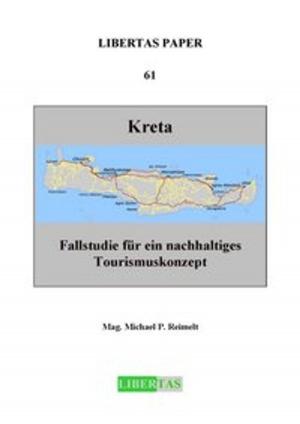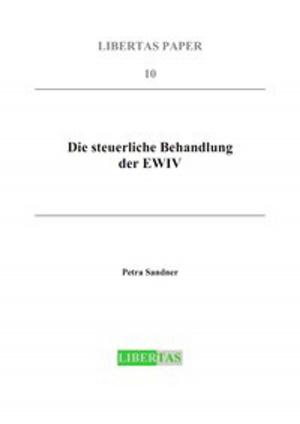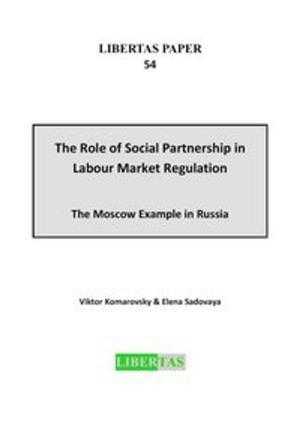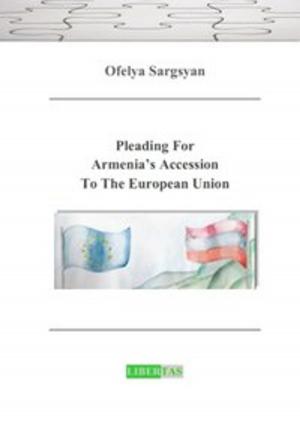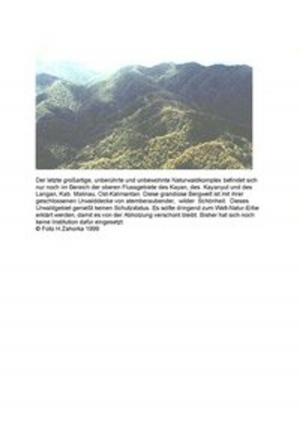US-Iran Relations in International Law since 1979
Hostages, Oil Platforms, Nuclear Weapons and the Use of Force
Nonfiction, Social & Cultural Studies, Political Science| Author: | Patrick Terry | ISBN: | 9783946119234 |
| Publisher: | Libertas | Publication: | April 7, 2009 |
| Imprint: | Libertas | Language: | English |
| Author: | Patrick Terry |
| ISBN: | 9783946119234 |
| Publisher: | Libertas |
| Publication: | April 7, 2009 |
| Imprint: | Libertas |
| Language: | English |
The Publication Iran is currently celebrating the 30th anniversary of the Islamic Revolution. This event not only heralded enormous changes within Iran itself but also resulted in a clear break with the United States, formerly a close ally. Since 1979 bilateral relations between these two countries have veered from crisis to crisis. Occasionally, however, there have been times where improved US-Iran ties just seemed possible. 2009 might just be such a turning point in this fraught relationship. President Obama's more conciliatory approach to relations with Iran and the upcoming elections in Iran in June - with many hoping a reformist candidate, possibly Moussavi, might be elected - could be the last chance to avoid another, potentially extremely dangerous, confrontation between the two states. Certainly one lesson can be drawn from the bilateral confrontations of the last thirty years: using and threatening to use force has not aided either country in their respective quests to achieve regional and global foreign policy goals. This paper examines US-Iran relations since 1979 under international law aspects, focussing on their most dangerous aspect: the repeated use of force. Despite influential circles in both Iran and the USA openly questioning the existence of any legal rules in international affairs both states have always sought to justify their forcible actions under international law. The story of US-Iran relations in international law since 1979 is thus also a story of ever expanding concepts of self-defence. Three major crises in the US-Iran relationship resulting or possibly still going to result in forcible action will be dealt with in this paper. The hostage crisis of 1979-1981 will serve as a starting point. Iran’s justification of its actions and the legality of the American attempt, in 1980, to rescue its nationals will be examined in detail. Then the focus will turn to the Iran-Iraq War and the US attacks on Iranian oil platforms. It will be considered whether these actions were justified on the grounds of self-defence. Following that the current crisis surrounding Iran’s nuclear programme will be discussed. Iran’s obligations under the Non-Proliferation Treaty and America’s controversial doctrine of “pre-emptive” self-defence will be examined in some detail. It will be concluded that the US-Iran relationship – characterized by an intense competition for power and influence in the Middle East - is in practical terms already living up to the ideals espoused by neoconservatives and nationalists in Washington and radicals in Tehran: a foreign policy freed from the shackles of international law. Not one of the forcible actions undertaken by either Iran or the United States, it is argued, was legal under international law. Far from helping these two states pursue their national interests and achieve their regional and global goals – as American and Iranian radicals had hoped - this strategy has, however, resulted in abysmal failure for both. It remains to be seen whether this lesson has really been learned allowing new administrations in both states to pursue more successful policies in future. The paper is based on the dissertation submitted by the author to the University of Kent for the degree of LL.M. in September 2008 (Prof. Mansell), but has been updated since.
The Publication Iran is currently celebrating the 30th anniversary of the Islamic Revolution. This event not only heralded enormous changes within Iran itself but also resulted in a clear break with the United States, formerly a close ally. Since 1979 bilateral relations between these two countries have veered from crisis to crisis. Occasionally, however, there have been times where improved US-Iran ties just seemed possible. 2009 might just be such a turning point in this fraught relationship. President Obama's more conciliatory approach to relations with Iran and the upcoming elections in Iran in June - with many hoping a reformist candidate, possibly Moussavi, might be elected - could be the last chance to avoid another, potentially extremely dangerous, confrontation between the two states. Certainly one lesson can be drawn from the bilateral confrontations of the last thirty years: using and threatening to use force has not aided either country in their respective quests to achieve regional and global foreign policy goals. This paper examines US-Iran relations since 1979 under international law aspects, focussing on their most dangerous aspect: the repeated use of force. Despite influential circles in both Iran and the USA openly questioning the existence of any legal rules in international affairs both states have always sought to justify their forcible actions under international law. The story of US-Iran relations in international law since 1979 is thus also a story of ever expanding concepts of self-defence. Three major crises in the US-Iran relationship resulting or possibly still going to result in forcible action will be dealt with in this paper. The hostage crisis of 1979-1981 will serve as a starting point. Iran’s justification of its actions and the legality of the American attempt, in 1980, to rescue its nationals will be examined in detail. Then the focus will turn to the Iran-Iraq War and the US attacks on Iranian oil platforms. It will be considered whether these actions were justified on the grounds of self-defence. Following that the current crisis surrounding Iran’s nuclear programme will be discussed. Iran’s obligations under the Non-Proliferation Treaty and America’s controversial doctrine of “pre-emptive” self-defence will be examined in some detail. It will be concluded that the US-Iran relationship – characterized by an intense competition for power and influence in the Middle East - is in practical terms already living up to the ideals espoused by neoconservatives and nationalists in Washington and radicals in Tehran: a foreign policy freed from the shackles of international law. Not one of the forcible actions undertaken by either Iran or the United States, it is argued, was legal under international law. Far from helping these two states pursue their national interests and achieve their regional and global goals – as American and Iranian radicals had hoped - this strategy has, however, resulted in abysmal failure for both. It remains to be seen whether this lesson has really been learned allowing new administrations in both states to pursue more successful policies in future. The paper is based on the dissertation submitted by the author to the University of Kent for the degree of LL.M. in September 2008 (Prof. Mansell), but has been updated since.

